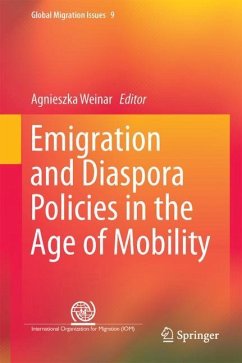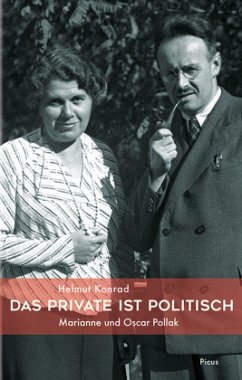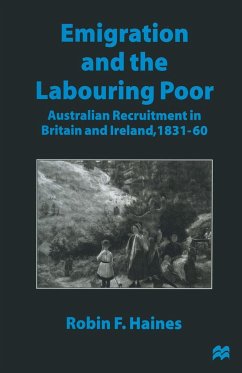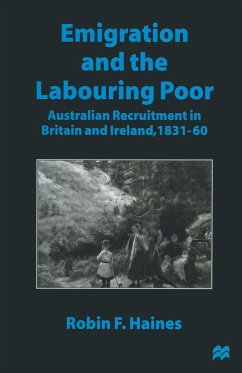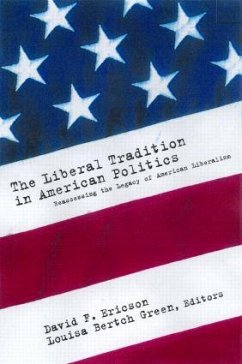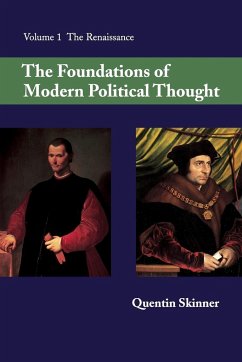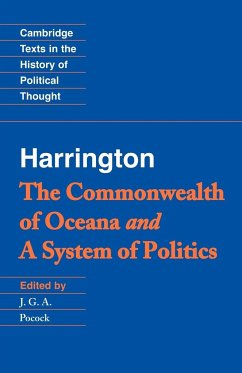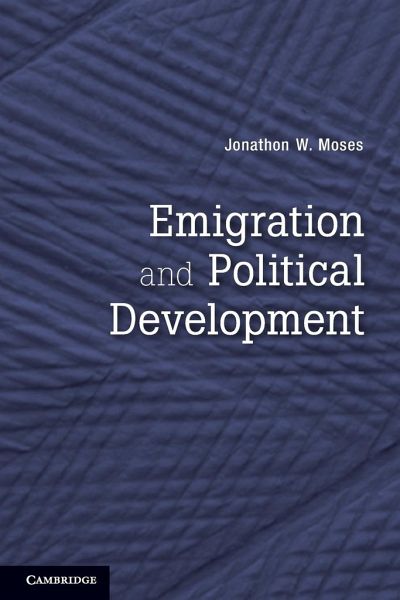
Emigration and Political Development
Versandkostenfrei!
Versandfertig in 1-2 Wochen
34,99 €
inkl. MwSt.
Weitere Ausgaben:

PAYBACK Punkte
17 °P sammeln!
While policy makers, international organizations and academics are increasingly aware of the economic effects of emigration, the potential political effects remain understudied. This book maps the nature of the relationship that links emigration and political development. Jonathon W. Moses explores the nature of political development, arguing that emigration influences political development. In particular, he introduces a new cross-national database of annual emigration rates and analyzes specific cases of international emigration (and out-migration within countries) under varying political an...
While policy makers, international organizations and academics are increasingly aware of the economic effects of emigration, the potential political effects remain understudied. This book maps the nature of the relationship that links emigration and political development. Jonathon W. Moses explores the nature of political development, arguing that emigration influences political development. In particular, he introduces a new cross-national database of annual emigration rates and analyzes specific cases of international emigration (and out-migration within countries) under varying political and economic contexts. Examines whether countries or regions that experience significant outward migration can expect to benefit politically from it. Using a wide variety of methods and data, Jonathon Moses shows how limiting international migration can allow non-democratic regions to maintain their grip on power and how international migration can facilitate political development.





